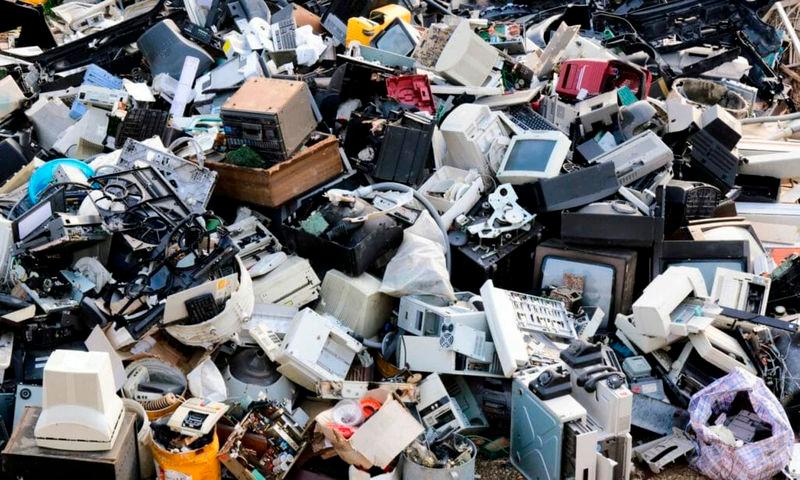PETALING JAYA: The authorities must consistently monitor e-waste management as public awareness of sustainable practices and its proper disposal is “alarmingly low”, said Universiti Putra Malaysia Faculty of Forestry and Environment senior lecturer Dr Mohd Yusoff Ishak.
“There is widespread improper disposal of e-waste, and this poses significant dangers to public health. However, while raising awareness is crucial, it is insufficient as the people should be motivated to practise proper e-waste disposal.”
He said according to the Universiti Malaya Ungku Aziz Centre for Development Studies, Malaysia generates an estimated 365,000 tonnes of e-waste annually. By 2025, the country is expected to produce around 24.5 million units of e-waste.
Malaysia’s definition of e-waste encompasses six items, including mobile phones, computers, televisions, air-conditioners, refrigerators and washing machines.
The 12th Malaysia Plan targets a 40% recycling rate by next year. But in 2020, Malaysia’s recycling rate was only 36.67%, trailing behind Singapore, Taiwan and South Korea.
Mohd Yusoff said current incentives such as low monetary rewards for recycling e-waste may not be enough to motivate younger people, and that more engaging ways are needed to encourage the public to properly dispose of e-waste, adding that amendments to the Environmental Quality Act 1974, which increased penalties for illegal import of electrical and e-waste to a maximum fine of RM10 million, is a positive step to combating the issue.
“However, we have to stop the illegal import of e-waste. This is critical as domestic e-waste in Malaysia has never been properly assessed or managed, which contradicts the circular economy framework that promotes the ‘waste to wealth’ concept.
“The environmental and social impacts caused by illegal e-waste operations in suburban areas are already significant, and Malaysia’s growing reputation as a dumping ground for plastic waste, and now e-waste, highlights the urgent need to address the problem,” he said.
Mohd Yusoff added that although there are a few companies registered with the Environment Department that handle e-waste responsibly, their capacity is limited.
He said with the growing volume of e-waste in the country, there are challenges in its proper management.
“Unfortunately, some individuals may take advantage of these shortcomings, leading to improper disposal methods such as burning e-waste, which worsens the problem of air pollution and causes public health risks.”
Universiti Teknologi Mara School of Civil Engineering senior lecturer Dr Marfiah Ab Wahid, who is also an expert in environmental management, said the improper disposal of e-waste impacts public health and affects those living near recycling or disposal sites.
“E-waste contains toxic materials like lead, mercury and other harmful chemicals, which when not properly managed or recycled, may be burned in incinerators, releasing harmful chemicals into the air.
“Exposure to these toxins can result in various health issues, including respiratory problems from inhaling pollutants, reproductive disorders due to toxic substances affecting reproductive health, and neurological damage, especially in children, leading to brain damage and developmental issues,” she said.
Marfiah added that more than 200 illegal e-waste recycling facilities are operating in Segamat, Johor, Gurun in Kedah and Teluk Penglima Garang in Selangor.









